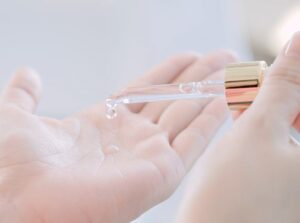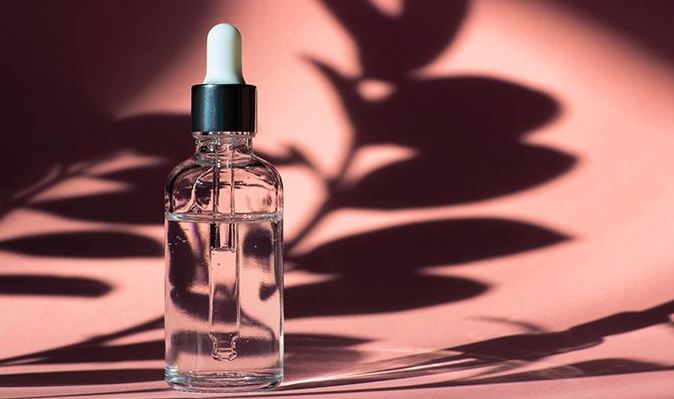A skincare routine includes cleansing, toning, and moisturizing. These three steps are essential if you want healthy skin. There are many products worth trying right now, but what really matters are the ingredients.
Amongst the most effective ingredients are hydroxy acids. The category is comprised of two sub-categories, alpha hydroxy acids and beta hydroxy acids. If your skincare routine already includes these acids, or you have finally decided to try them, you should know how important hydroxy acids are and how to use them.
Here is what you need to know.
Alpha and Beta Hydroxy Acids Are Very Different

Hydroxy acids help you deal with ageing, those wrinkles, fine lines, and other irregularities in tone and texture. The acids have been proved to be efficient just after a few uses.
However, as good as they are, hydroxy acids are very different. For example, alpha hydroxy acid (AHA) can be the best choice for you, while the beta (BHA) type might not bring you the same results. Why so?
According to your skin type, hydroxy acids do wonders. People with oily skin can use beta hydroxy acid, also known as salicylic acid, because it can penetrate and clear oil buildups inside the pores.
As for mixed and dry skin, alpha hydroxy acids, including lactic, glycolic, or mandelic acid, can be more effective. Make sure to discuss with a dermatologist which hydroxy acid is best for you!
Don’t Use Too Much Hydroxy Acids

You know how they say, the more, the better, but not in this case. When it comes to hydroxy acids, you should be very careful about how much product you use.
Dr Adeline Kikam, a board-certified dermatologist and founder of Brown Skin Derm, explains:
“Like retinoids, the constant turnover of skin [that happens as a result of hydroxy-acid use] leads to a thinner, more delicate topmost skin layer, making it prone to photosensitivity.”
So, start with a concentration of hydroxy acid under 10 %. And after you’re more familiar with the ingredient, you can choose a more intensive weekly treatment. Also, it’s better if you discuss how much hydroxy acid can you use with a dermatologist.












Leave a Reply